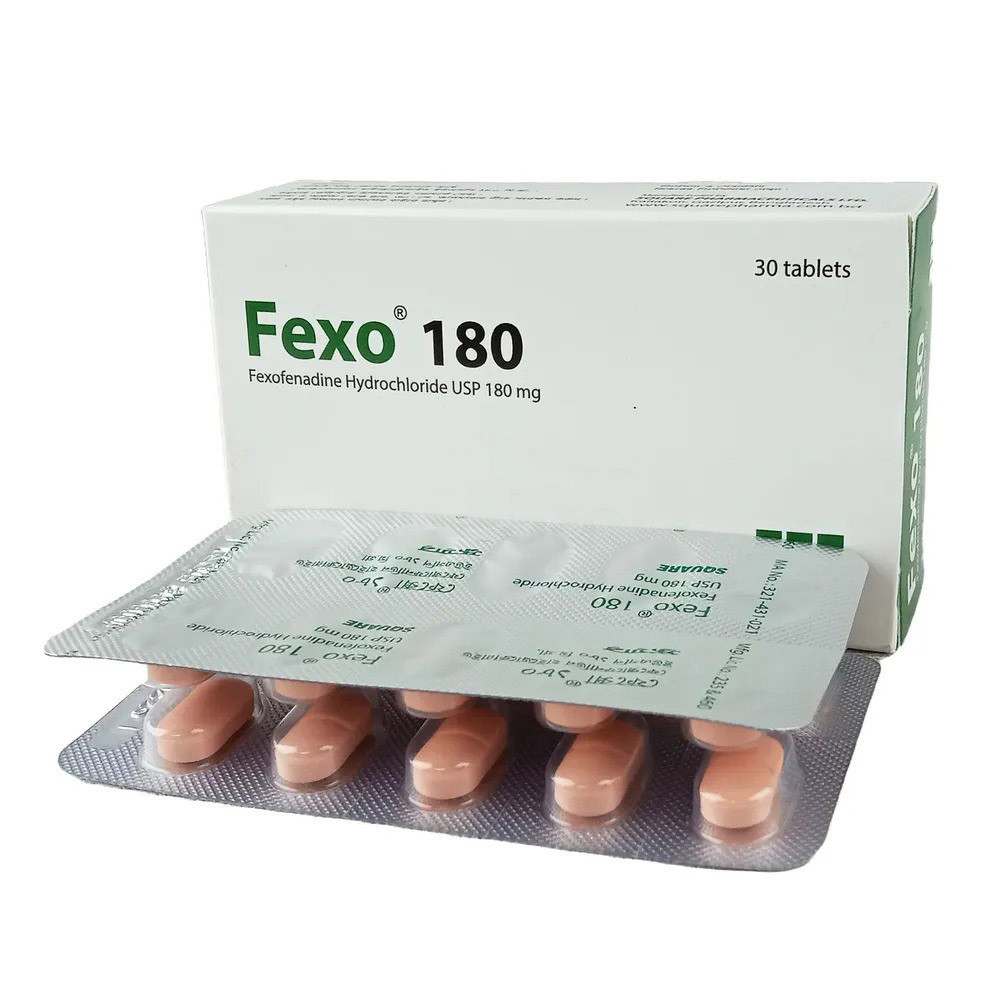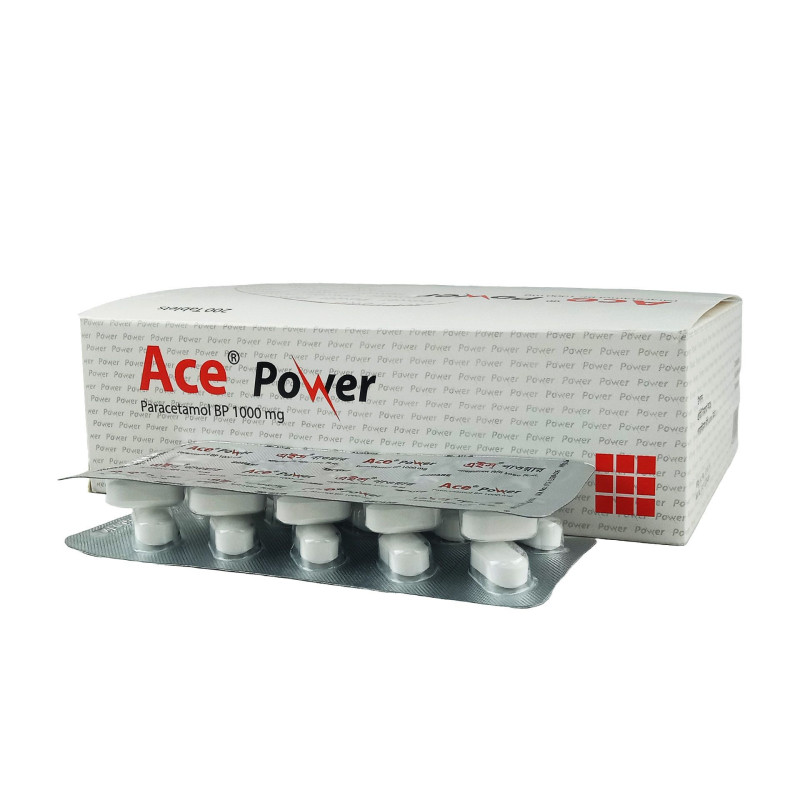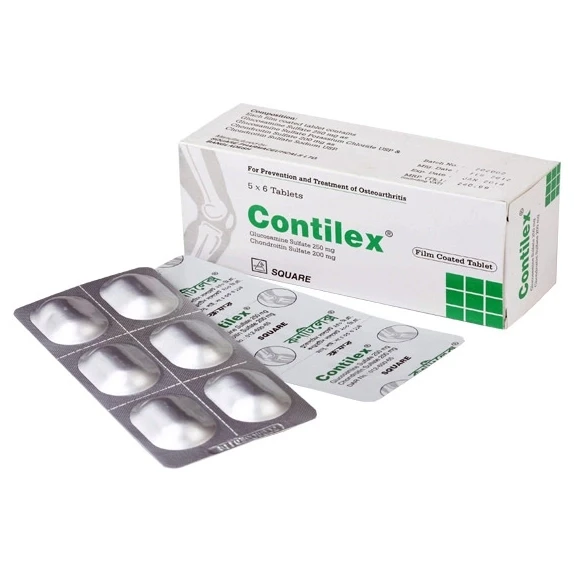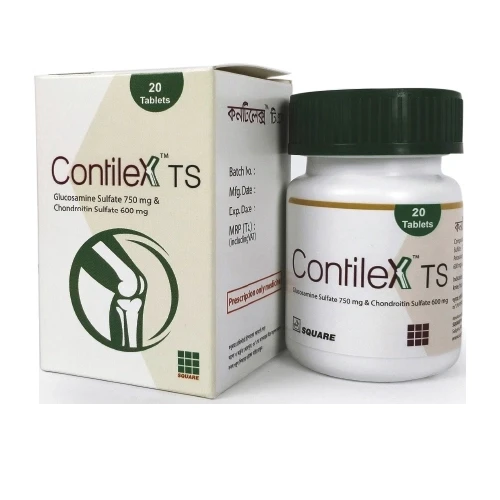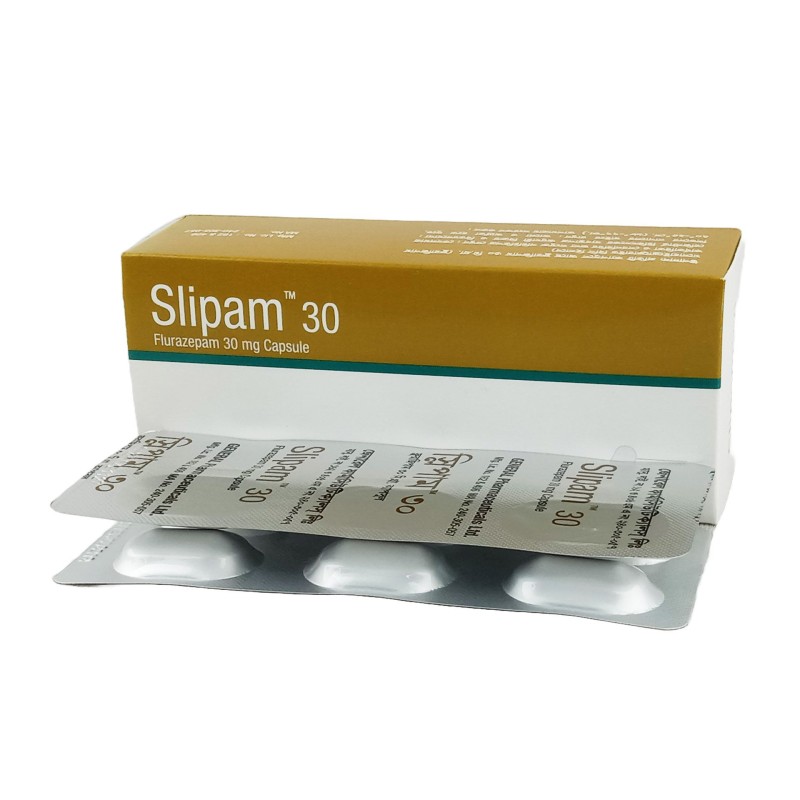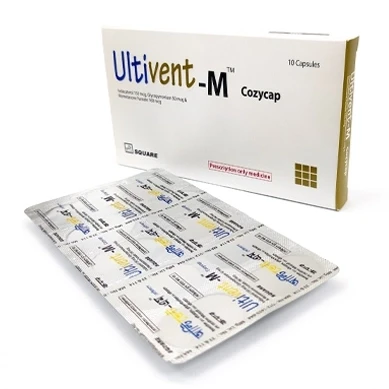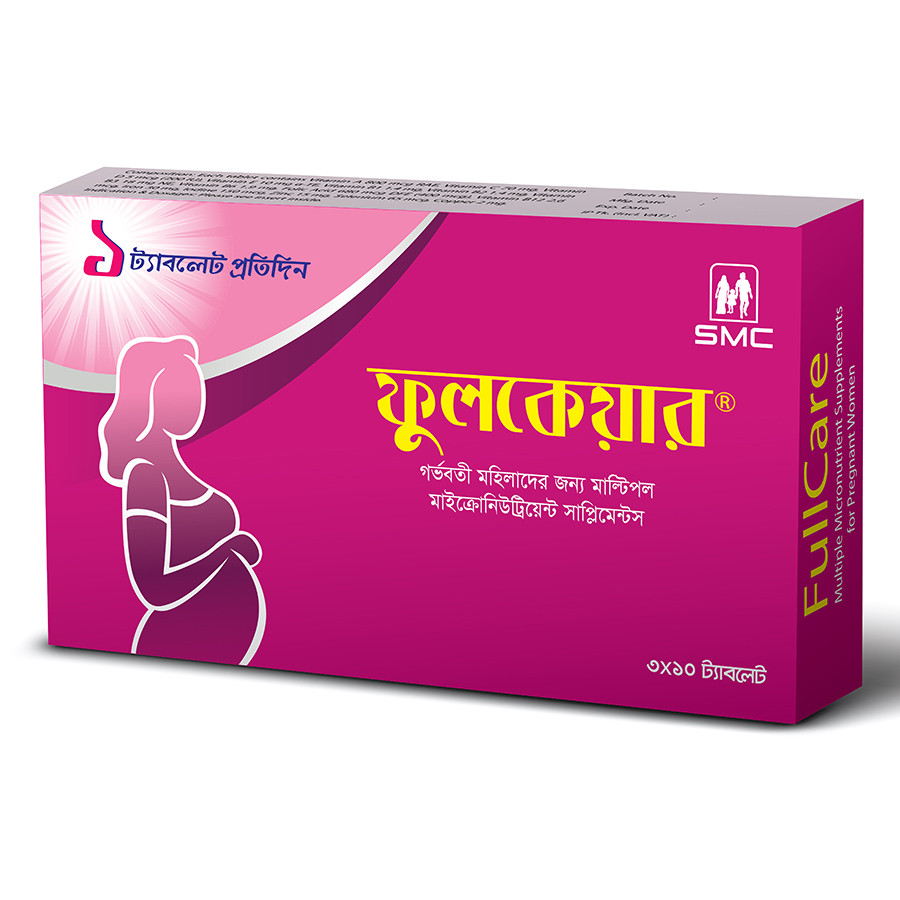

Anreb Plus Tablet, Losartan Potassium + Hydrochlorothiazide 50 mg+12.5 mg
Inhouse product
-
৳11.40
৳12.00 -
৳42.75
৳45.00 -
৳16.63
৳17.50 -
৳2.14
৳2.25
Reviews & Ratings
Indications
Anreb Plus tablet is
indicated for the treatment of hypertension. It is also indicated to reduce the
risk of stroke in patients with hypertension and left ventricular hypertrophy.
* রেজিস্টার্ড চিকিৎসকের পরামর্শ মোতাবেক ঔষধ সেবন করুন'
Pharmacology
Angiotensin II formed
from angiotensin I in a reaction catalyzed by angiotensin converting enzyme
(ACE), is a potent vasoconstrictor, the primary vasoactive hormone of the
renin-angiotensin system and an important component in the pathophysiology of
hypertension. It also stimulates aldosterone secretion by the adrenal cortex.
Losartan and its principal active metabolite block the vasoconstrictor and
aldosterone-secreting effects of angiotensin II by selectively blocking the
binding of angiotensin II to the AT1 receptor
found in many tissues, (e.g. vascular smooth muscle, adrenal gland). In vitro
binding studies indicate that losartan is a reversible, competitive inhibitor
of the AT1 receptor. Neither Losartan nor its active
metabolite inhibits ACE (kinase II, the enzyme that converts angiotensin I to
angiotensin II and degrades bradykinin); nor do they bind to or block other
hormone receptors or ion channels known to be important in cardiovascular
regulation.
Hydrochlorothiazide is a thiazide diuretic. Thiazides affect the renal tubular
mechanisms of electrolyte reabsorption, directly increasing excretion of Sodium
and Chloride in approximately equivalent amounts. Indirectly, the diuretic
action of Hydrochlorothiazide reduces plasma volume, with consequent increases
in plasma renin activity, increases in Aldosterone secretion, increases in
urinary Potassium loss, and decreases in serum Potassium. The renin-aldosterone
link is mediated by angiotensin II, so co-administration of an angiotensin II
receptor antagonist tends to reverse the Potassium loss associated with these
diuretics.
Dosage
Hypertension-
- The usual starting dose of this
combination 50/12.5 is one tablet once daily.
- For patients who do not respond
adequately to one tablet the dosage may be increased to 100/25 once daily.
- A patient whose blood pressure
is not adequately controlled with Losartan 100 mg monotherapy may be
switched to this combination 100/12.5 once daily.
- In hypertensive patients with
left ventricular hypertrophy initial dose is 50/12.5, if additional blood
pressure reduction is needed, 100/12.5 may be given, followed by 100/25 if
required. The maximum dose is 100/25 once daily.
- In general, the
antihypertensive effect is attained within three weeks after initiation of
therapy.
- No initial dosage adjustment of
50/12.5 is necessary for elderly patients. But maximum dose of 100/25 once
daily dose should not be used as initial therapy in elderly patients.
Severe
Hypertension:
- The starting dose for initial
treatment of severe hypertension is one tablet of 50/12.5 once daily.
- For patients who do not respond
adequately to this dose after 2 to 4 weeks of therapy, the dosage may be
increased to 100/25 once daily. The maximum dose is one tablet of 100/25
once daily.
* রেজিস্টার্ড চিকিৎসকের পরামর্শ মোতাবেক ঔষধ সেবন করুন'
Administration
This preparation may
be administered with other antihypertensive agents. This may be administered
with or without food.
* রেজিস্টার্ড চিকিৎসকের পরামর্শ মোতাবেক ঔষধ সেবন করুন'
Interaction
Losartan Potassium: No significant drug-drug pharmacokinetic
interactions have been found in interaction studies with Hydrochlorothiazide,
Digoxin, Warfarin, Cimetidine and Phenobarbital. As with other drugs that block
angiotensin II or its effects, concomitant use of potassium-sparing diuretics
(e.g. Spironolactone, Triamterene, Amiloride), potassium supplements, or salt
substitutes containing potassium may lead to increase in serum potassium. As
with other antihypertensive agents, the antihypertensive effect of Losartan may
be blunted by the non-steroidal anti-inflammatory drug Indomethacin.
Hydrochlorothiazide: When administered concurrently, the
following drugs may interact with Thiazide diuretics: alcohol, barbiturates, or
narcotics-potentiation of orthostatic hypotension may occur.
Antidiabetic drugs
(oral agents and Insulin):
dosage adjustment of the antidiabetic drug may be required.
Other antihypertensive
drugs: additive effect or
potentiation.
Cholestyramine and
colestipol resins: absorption of
Hydrochlorothiazide is impaired in the presence of anionic exchange resins
Contraindications
The combination of
Losartan and Hydrochlorothiazide is contraindicated in patients who are
hypersensitive to any component of this product. Because of the
Hydrochlorothiazide component, this product is contraindicated in patients with
anuria or hypersensitivity to other sulfonamide-derived drugs.
Side Effects
Side-effects are
usually mild. Symptomatic hypotension including dizziness may occur,
particularly in patients with intravascular volume depletion (e.g. those taking
high-dose diuretics). Hyperkalaemia occurs occasionally; angioedema has also
been reported with some angiotensin-II receptor antagonists. Vertigo; less
commonly gastro-intestinal disturbances, angina, palpitation, oedema, dyspnoea,
headache, sleep disorders, malaise, urticaria, pruritus, rash; rarely
hepatitis, atrial fibrillation, cerebrovascular accident, syncope,
paraesthesia; also reported pancreatitis, anaphylaxis, cough, depression,
erectile dysfunction, anaemia, thrombocytopenia, hyponatraemia, arthralgia,
myalgia, renal impairment, rhabdomyolysis, tinnitus, photosensitivity, and
vasculitis (including Henoch-Schonlein purpura)
Pregnancy & Lactation
Angiotensin-II
receptor antagonists should be avoided in pregnancy unless essential. They may
adversely affect fetal and neonatal blood pressure control and renal function;
skull defects and oligohy dramnios have also been reported. Information on the
use of angiotensin-II receptor antagonists in breastfeeding is limited. They
are not recommended in breastfeeding and alternative treatment options, with
better-established safety information during breastfeeding, are available.
Precautions & Warnings
- Hypersensitivity: Angiooedema
- Periodic determination of serum
electrolytes to detect possible electrolyte imbalance should be performed
at appropriate intervals
- Hypokalemia may rarely develop,
especially with brisk diuresis, when severe cirrhosis is present, or after
prolonged therapy
- Impaired renal function and
- Symptomatic hypotension
Use in Special Populations
Use in Patients with
Renal Impairment: The usual regimens
of therapy with 50/12.5 may be followed as long as the patient's creatinine
clearance is >30 ml/min. In patients with more severe renal impairment, loop
diuretics are preferred to thiazides. In that case, hydrochlorothiazide is not
recommended.
Use in Patients with
Hepatic Impairment: The combination of
Losartan and Hydrochlorothiazide is not recommended for titration in patients
with hepatic impairment because the appropriate 25 mg starting dose of Losartan
cannot be given.
Use in pediatric
patients: The safety and
effectiveness in pediatric patients have not been established.
Overdose Effects
Losartan Potassium: Limited data are available in regard to
overdosage in humans. The most likely manifestation of overdosage would be
hypotension and tachycardia; bradycardia could occur from parasympathetic
(vagal) stimulation. If symptomatic hypotension should occur, supportive
treatment should be instituted. Neither losartan nor its metabolite can be
removed by hemodialysis.
Hydrochlorothiazide: The most common signs and symptoms observed
are those caused by electrolyte depletion (hypokalemia, hypochloremia, and
dehydration resulting from excessive diuresis. If digitalis has also been
administered, hypokalemia, may accentuate cardiac arrhythmias. The degree to
which Hydrochlorothiazide is removed by hemodialysis has not been established.
Therapeutic Class
Combined
antihypertensive preparations
Storage Conditions
Do not store above
30°C. Keep out of the reach of children.
Frequently Bought Products
Fast Suppository, Paracetamol 500 mg
Voricon Tablet, Voriconazole 100 mg
Akicin IM/IV Injection , Amikacin 500 mg/2 ml
Slipam Capsule, Flurazepam 30 mg
Voniza Tablet, Vonoprazan 20 mg
Dotin Tablet, Dotinurad 0.5 mg
Product Queries (0)
Login Or Registerto submit your questions to seller
Other Questions
No none asked to seller yet
-
৳11.40
৳12.00 -
৳42.75
৳45.00 -
৳16.63
৳17.50 -
৳2.14
৳2.25
